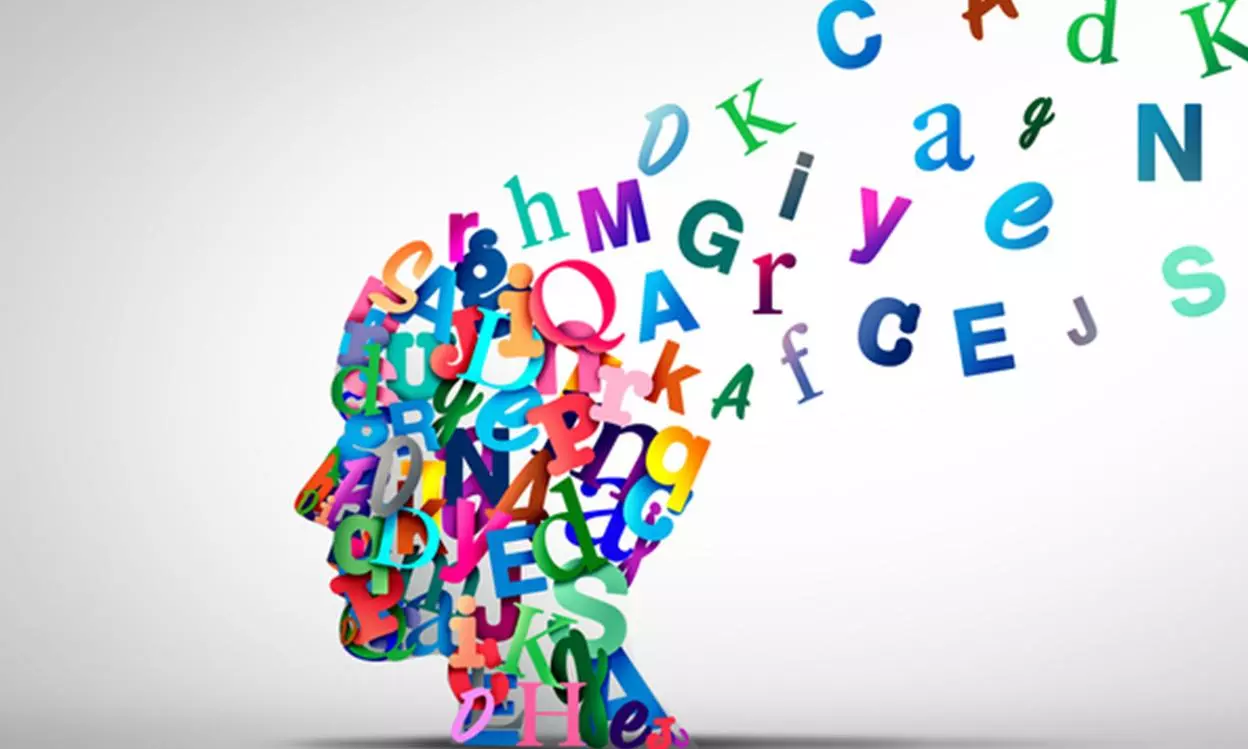
- Home
- India
- World
- Premium
- THE FEDERAL SPECIAL
- Analysis
- States
- Perspective
- Videos
- Sports
- Education
- Entertainment
- Elections
- Features
- Health
- Business
- Series
- In memoriam: Sheikh Mujibur Rahman
- Bishnoi's Men
- NEET TANGLE
- Economy Series
- Earth Day
- Kashmir’s Frozen Turbulence
- India@75
- The legend of Ramjanmabhoomi
- Liberalisation@30
- How to tame a dragon
- Celebrating biodiversity
- Farm Matters
- 50 days of solitude
- Bringing Migrants Home
- Budget 2020
- Jharkhand Votes
- The Federal Investigates
- The Federal Impact
- Vanishing Sand
- Gandhi @ 150
- Andhra Today
- Field report
- Operation Gulmarg
- Pandemic @1 Mn in India
- The Federal Year-End
- The Zero Year
- Science
- Brand studio
- Newsletter
- Elections 2024
- Events
- Home
- IndiaIndia
- World
- Analysis
- StatesStates
- PerspectivePerspective
- VideosVideos
- Sports
- Education
- Entertainment
- ElectionsElections
- Features
- Health
- BusinessBusiness
- Premium
- Loading...
Premium - Events

In a country where the language or dialect changes every few hundred kilometres, we should encourage students to think, imagine, and articulate across languages
I belong to a multi-ethnic, multilingual family. My father, a Tamilian, grew up mostly in Jharkhand (then Bihar) and Madhya Pradesh. My mother, who is half Bengali and half from Uttar Pradesh, was born and raised in Dehradun.
For my sister and me, the question of identity, therefore, has always been complex. Whenever someone asked us where we were from, we found ourselves recounting our entire family history, which typically elicited reactions of both fascination and amusement. Tied to this was also the question – what is your mother tongue?
Truth be told, there is no simple answer to that. Since I was raised by my maternal grandmother, my first language – or the one I spoke most as a child at home, was Bangla – the language my mother and grandmother conversed in. My father is a polyglot and can also speak Bangla fluently.
My mother is full of stories about my mispronunciation of various Bengali words as a toddler. Perhaps, then, that was my mother tongue. Once I entered school, however, all that changed.
Melting pot
The Central Board of Secondary Education (CBSE) recently issued a circular to all its affiliated schools demanding that the medium of instruction from classes 1 to 5 be the mother tongue or state language. But in a metro city like Delhi, which is a melting pot of cultures, the mother tongue and the state language may not be the same.
It was not the same for me when I joined Sardar Patel Vidyalaya (SPV) in nursery. SPV, unlike all other schools in Delhi, has been following this language policy since its inception. All subjects until class 5 are taught in Hindi, and after class 5, the medium of instruction becomes English.
My mother tells me that once I joined school, my first language became Hindi. Since I was used to talking in Hindi with my friends, peers and teachers, I gradually stopped speaking Bangla at home too. The transition was probably easier because Hindi was the second language at home already.
Also read: CBSE's rule on mother tongue as medium of instruction till class 5 draws mixed reactions
In school, we sometimes struggled with scientific and technical terms in Hindi but on the whole, it was smooth. Life outside school, though, was not that easy. SPV may be considered a socially and culturally elite school, but to an 8-year-old, that is hardly a concern.
I remember being made to feel “uncool” by my friends in other English medium schools, who could not understand why we called multiplication tables “pahade”.
Transition to English medium
The transition from class 5 to 6 was simultaneously more and less daunting than expected. I remember feeling extremely anxious about speaking in English – What if I made a devastating grammatical error? It would be unforgivable. While the acute anxiety lasted a couple of days, in the end, I realised the transition was smooth.
The CBSE recently issued a circular demanding that the medium of instruction from classes 1 to 5 be the mother tongue or state language. But in a metro like Delhi, which is a melting pot of cultures, the mother tongue and the state language may not be the same.
Our teachers were very supportive, but I also can’t help but feel that my privilege of being part of an English-speaking household played a much bigger role than I understood then.
Some of my classmates, who came from non-English speaking families, were bullied and made fun of, and I’m ashamed to admit I was sometimes part of it too. Would it have been easier for them if we were taught in English till Class 5? I don’t know.
Tamil or Bangla?
SPV’s language policy also allows students to pick a fourth language (apart from Hindi, English and Sanskrit) from Classes 6-8.
We were given a choice between Bengali, Gujarati, Tamil and Urdu. By then, I had started feeling the limitation of not knowing my father and my paternal grandparents' language. Since alternate summer vacations were spent in Chennai at my paternal grandparents’ place, I remember feeling left out or alienated from my family, especially my cousins, all of whom shared a common language.
Even now, when a joke is cracked, I miss it altogether or the moment has passed by the time I’m able to make any sense of it. To bridge this gap, and in an attempt to lay claim to my Tamil identity, I picked Tamil as my fourth language in school. Unfortunately, those classes did not pan out as expected, and so my knowledge of Tamil remains rudimentary at best. It is a strange situation where I can read Tamil, but I have no idea of the meaning of what I’m reading.
No easy answers
All through my school years, I did not give much thought to the language aspect. It was what it was. Over the years, as an adult, I have realised many things. When I think about the ongoing language debate, I find no easy answers.
I really wish I had not lost touch with my “mother tongue”. I can speak basic Bangla, but I have no confidence whatsoever. I can’t help but feel that I would have been closer to my grandmother (she passed away in 2019) and my mother, had I spoken their tongue.
Also read: Geocultural make-up that spurred Karnataka’s ready acceptance of Hindi
I am glad that my school gave me the opportunity to learn Tamil, however faulty the teaching may have been. It is a language that I, sadly, feel so close to yet so disconnected from. If I decide to pick it up again, at least the foundation is already laid.
Master of Hindi
I’ve also realised that the language you’re taught in at the primary level is the language that stays with you. Even now, I do all my mental maths in Hindi. Tables, multiplication, addition, division, everything.
In a city like Delhi, the knowledge of Hindi has given me a major advantage. As a reporter, meeting all kinds of people – from auto wallas to shopkeepers – speaking in Hindi makes everything easier. In my last office – an English newsroom – I was among the people who would be consulted if somebody needed a quick translation of a speech made by a leader in Hindi, for example.
One of my closest friends is a Punjabi, born and brought up in Delhi. She comes from a business family of Hindi speakers. Unlike me, she studied in an English medium school and grew up more financially affluent.
For the past decade, every once in a while, she calls me on the phone in an agitated fashion: “This shopkeeper is telling me I have to pay tihattar rupaye (73 rupees). Tihattar kitna hota hai (how much is tihattar)?”.
Vital link language
On the other hand, English is my language of work. It is the language I write in; the language I read, and it is the language I mostly speak with my partner in (a Malayali). It also happens to be the language that connects me to my cousins on the paternal side, which would otherwise have been a chasm.
Also read: Kerala’s language legacy: Embracing multilingual education
Most importantly, it is the language that has given me a privilege that can’t be underestimated. Whether it’s in public speeches or during job interviews, my concern has always been the content, never the language. But I know that for many of my talented friends, the inability to speak English fluently has cost them; unfairly so.
In my own life, at various points and with different people, language has both been a bridge and a point of alienation.
Identity shaper
In a country like ours, where the language or dialect changes every few hundred kilometres, and at a time like today when English is seen as “the” global language, is it a question of Hindi vs English? Or, mother tongue vs English? I would think not.
Language is not just a communication tool, it’s also a lens to view the world, a bridge between cultures and something that shapes your identity. Being bilingual, the ability to move seamlessly from a thought in one language to another has given me several advantages.
Multilingualism would have made it even easier to navigate the question of my identity and made me as culturally rich as I am on paper. Instead of choosing one over the other then, maybe our focus should be on creating educational environments where multilingualism is embraced — where students learn to think, imagine, and articulate across languages, to connect more closely to their cultures and with that of others.


